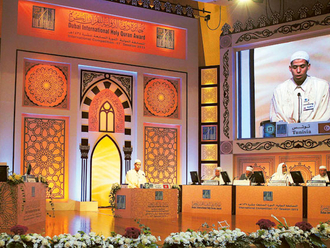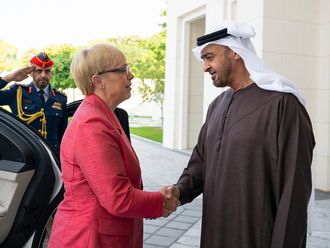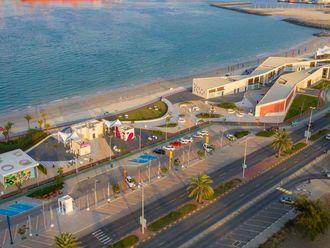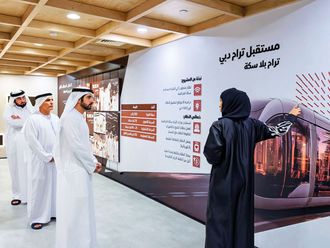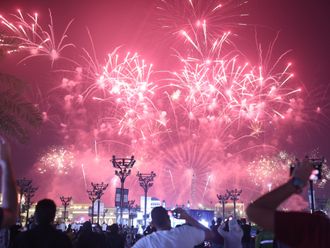Al Ain: People have been asked to avoid buying Zam Zam water if they find it in shops in the UAE following the recent confiscation of fake bottles of the water in Ras Al Khaimah.
The fake Zam Zam bottles could contain regular or substandard drinking water as the sale of holy water is not allowed in the UAE.
Mohammad Al Atta, a religious scholar in Al Ain described the discovery of false Zam Zam as unfortunate, saying that the export of water for commercial purposes is not even allowed by the Saudi Arabian government.
Ras Al Khaimah Municipality has recently confiscated water bottles from a shop that were labelled as Zam Zam water, saying that its source was the well located in Makkah. The shop selling the water has been fined, according to Mubarak Al Shamsi, the Head of Ras Al Khaimah Municipality.
The Food Control Department of the municipality said the fake water was just mineral water and was being sold under the Zam Zam label.
Similar case
Zam Zam water is offered free of cost in Makkah to pilgrims going for Haj and Umrah and nobody is allowed to give its name to the water or sell it for commercial purposes.
Al Atta said this was not the first incident of selling false Zam Zam water. Cases had been reported earlier in different countries.
A similar case was detected in Leicestershire in UK. The British authorities had to warn people not to use it as it might contain high levels of arsenic.
The scholar said Muslims love to drink Zam Zam water as part of their religious rituals in Makkah and bring it home. The water is also known for its healing properties. Pilgrims returning from Haj or Umrah usually distribute Zam Zam water among their relatives and friends.
Abdullah Al Daheri, another religious scholar in Al Ain, said the discovery of false Zam Zam in Ras Al Khaimah was a clear act of profiteering and UAE authorities should conduct inspection campaigns in all cities. He said people must be aware of that Zam Zam water is not a commercial product.
He said Zam Zam water is taken from a well that is located several meters from the Ka'aba inside the Al Haram Mosque. The well was discovered around 2000 BC when Hajerah, the wife of Prophet Ebrahim was desperately searching for water in the rugged mountainous area.
Her infant son, Prophet Esmail, kicked up the ground and water miraculously started flowing from beneath his feet.
Since then, the well has never gone dry and millions of pilgrims, during the Haj and Umrah, take the holy water in huge quantity to their countries.


